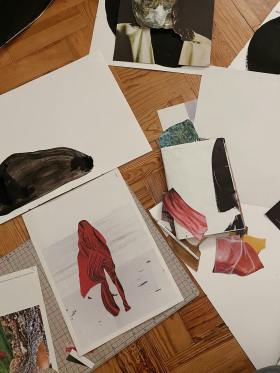At the Benaki Museum in Athens recently, visitors were greeted by a huge poster that read, “You have been robbed.” The poster was at the entry point for an exhibition entitled History Lost, housed in three archaeological museums in Athens, Nicosia, and Nemea, which detailed the plundering of more than 100 sites in Cyprus and Greece of ancient treasures.
But this is not just the looting and illicit trafficking that we’ve all been reading about lately. “History Lost” catalogues artifacts removed from Cyprus without permission over a long period of time. It begins with objects that formed part of the earliest collections of New York’s Metropolitan Museum of Art: those taken by Luigi Palma di Cesnola, a self-designated archaeologist who “worked” (or “pillaged,” depending on your perspective), numerous ancient sites from 1865 to1876. He smuggled thousands of objects to the West against the explicit orders of the ruling Ottomans. Many of these items were eventually sold to the Metropolitan as well as to the young Stanford University. Di Cesnola himself became first Keeper (director) of the Met’s antiquities. A newspaper accused him of dealing in stolen goods, some of which were also faked. There was a trial and a scandal. He won. But who lost?




